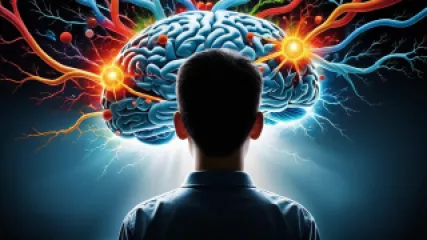10 Benefits of Cooperation in Therapy
1 year ago
Psychology of Cooperation
What Is the Psychology Behind Cooperative Behavior?
1 year ago
Psychology of Cooperation
Why Effective Conflict Management is Critical for Personal and Professional Growth
1 year ago
Conflict Management
10 Best Therapies for Schizophrenia
1 year ago
Schizophrenia
Unlocking the Benefits of Schizophrenia Therapy: A Step-by-Step Guide
1 year ago
Schizophrenia
The Science of Self-Care: A Research Summary
1 year ago
Self Care
Lessons from 'Eat, Pray, Love' for Your Self-Care Journey
1 year ago
Self Care
The Definitive Guide to Effective Conflict Management
1 year ago
Conflict Management
Exploring Attachment Styles: An Interview with a Renowned Psychologist
1 year ago
Attachment Styles
How Cooperation Helped Me Manage Stress and Thrive
1 year ago
Psychology of Cooperation
Mastering Attachment Styles: The Ultimate Guide to Mental Health
1 year ago
Attachment Styles
How to Cultivate Cooperative Mindset for Emotional Wellness
1 year ago
Psychology of Cooperation
10 Best Online Grief Recovery Resources
1 year ago
Grief
How to Manage Schizophrenia Symptoms with Online Therapy Sessions
1 year ago
Schizophrenia
Beginner's Guide to Mindfulness Meditation for Emotional Well-Being
1 year ago
Mindfulness Meditation















